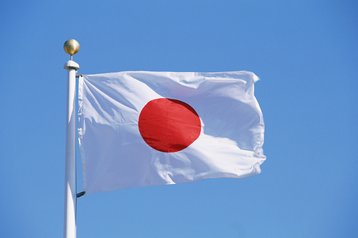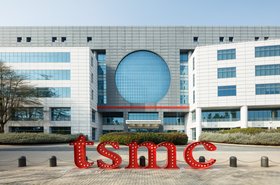The Japanese government is planning to award five companies 72.5 billion yen ($470 million) to fund the development of an AI supercomputer to reduce the country’s reliance on US technologies.
According to a report in Nikkei Asia, the five companies include telecoms provider KDDI and cloud service vendor Sakura Internet.
Japan’s Ministry of Economy, Trade and Industry (METI) will fund up to half of the investments set to be made by the company, with Sakura set to be the biggest beneficiary, receiving 50.1 billion yen ($324 million), followed by KDDI, which will get 10.2 billion yen ($66 million).
Currently, Japanese companies are heavily reliant on US cloud providers such as AWS and Microsoft Azure to secure the the compute power they need. The government is hoping the funding will help Japan strengthen its domestic capabilities and catch up with its overseas rivals.
In 2020, Japan's Arm-powered 443 petaflop supercomputer Fugaku was designated the fastest system in the world by the Top500 list. However, it has since slipped down to fourth, although it remains the highest-ranked system outside of the US.
In July 2023, METI announced it would deploy a supercomputer dedicated to generative artificial intelligence at the National Institute of Advanced Industrial Science and Technology (AIST). Dubbed the AI Bridging Cloud Infrastructure (ABCI) 2.0, the supercomputer had a peak Linpack performance of 54.34 petaflops in Top500's latest listing.
The original ABCI system was used by around 3,000 Japanese companies and researchers. However, it cannot process huge amounts of data learning processes associated with generative AI.
A 2,000-GPU supercomputer for quantum computing research in Japan has also been planned. Consisting of Nvidia H100s interconnected by Nvidia Quantum-2 InfiniBand, the ABCI-Q supercomputer follows the ABCI systems and is designed for integration with future quantum hardware.







